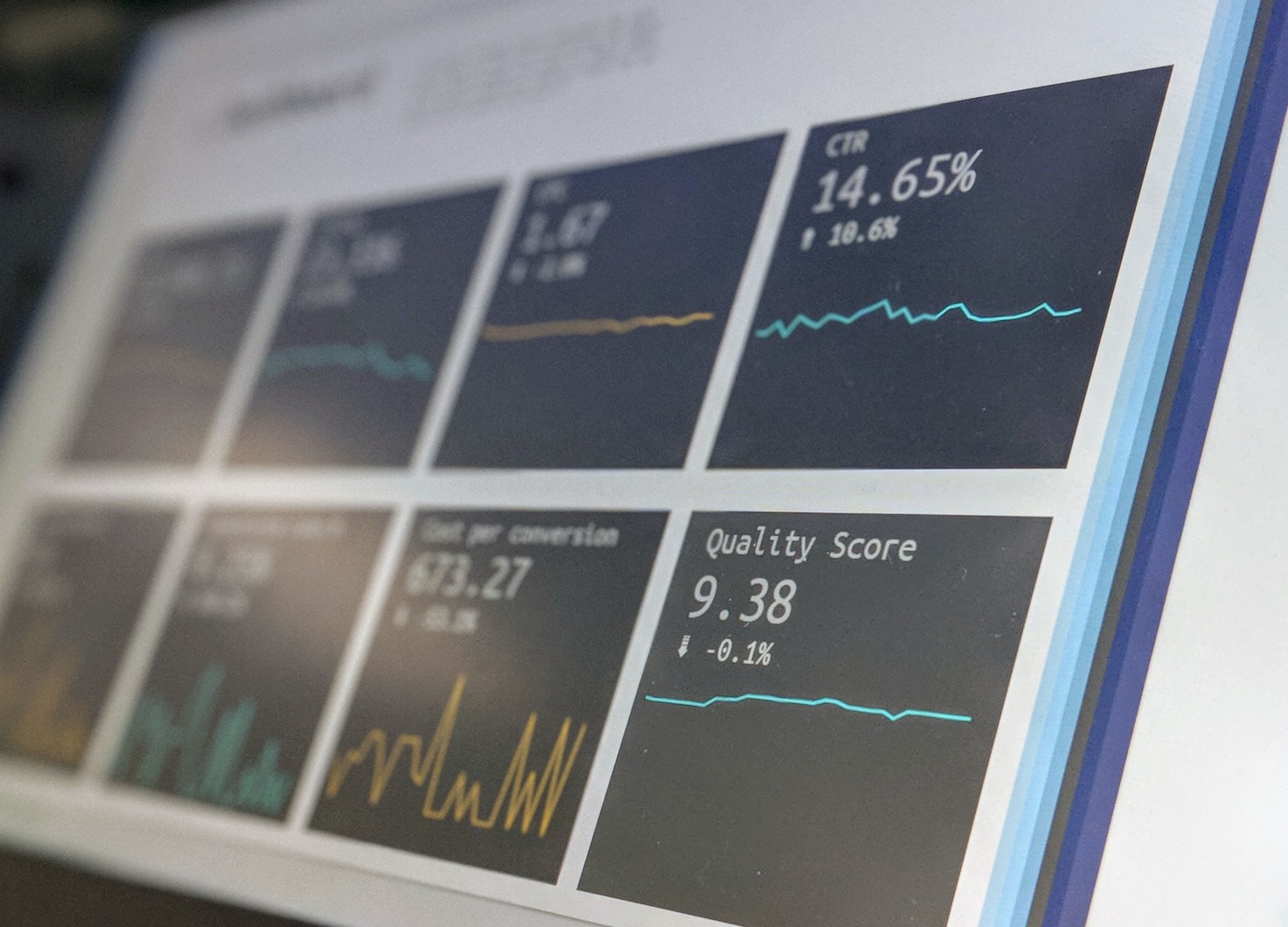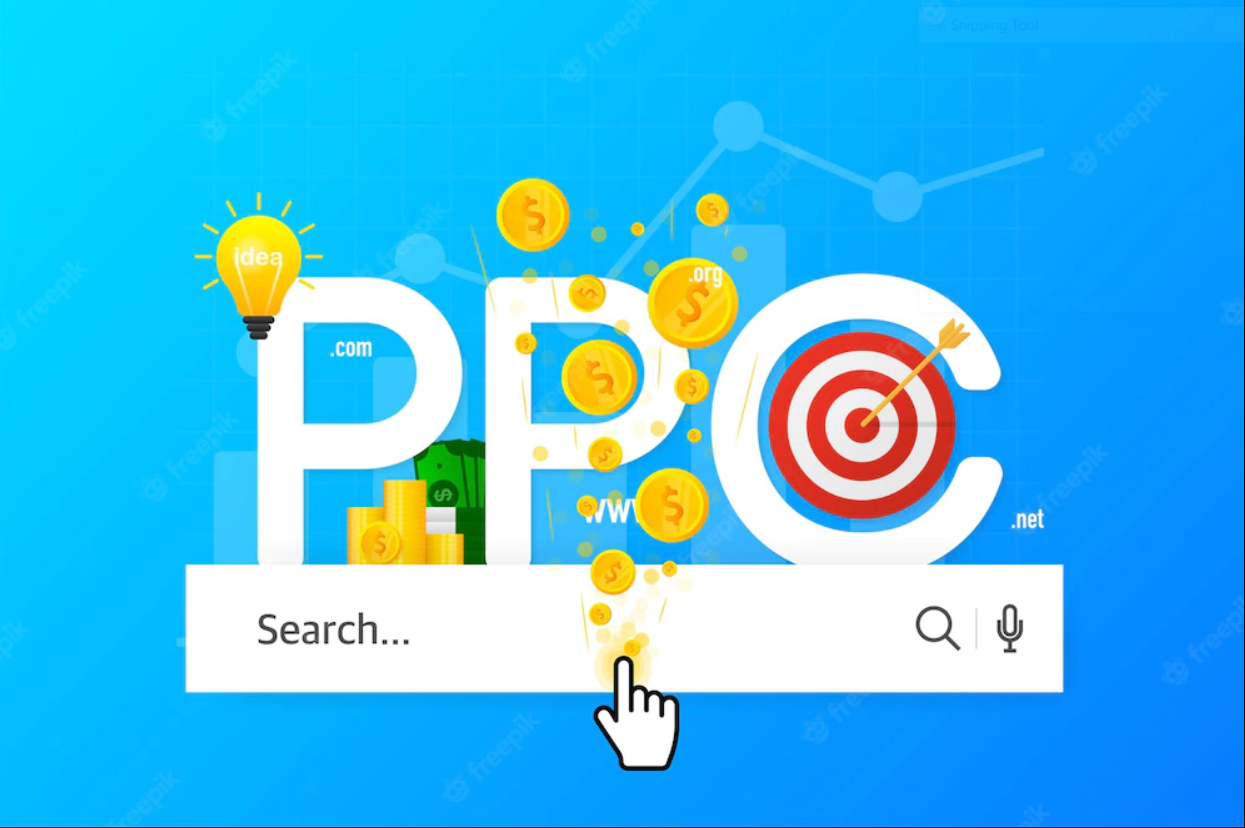e-Commerce auditing is the most important thing
For an e-commerce business, performance auditing is critical. Audits will get you insights on how well the business is doing and it provides detailed insights on any number of issues. Moreover, by not carrying out the auditing process, you will be missing sales opportunities that could have otherwise come your way. Website auditing helps you spot the necessary changes to make your website strong enough for online competition which is getting stiffer by the day. Just one thing like shipping costs or delivery timelines can make the difference between a sale and no sale.
Shopping and buyer behaviour has changed irrevocably
As we prepare for what the future holds, there’s only one thing that’s certain: buying process has changed irrevocably. It’s important that businesses are mindful of how customer behavior has shifted, and what services and experiences are now expected of all brick-and-mortar shops and businesses, including B2Bs.
We have been catapulted 5 years into the future and it’s doubtful that things will ever revert to exactly the way they were before. It’s imperative for every business selling products, goods, and even services to have a means of offering online buying or face the threat of extinction.
You can generate revenue, at any time of day, from anywhere in the world, increasing year-on-year growth and building your company’s revenue. eCommerce can help your business meet its goals and here are some stats to back that up:
- More than 83% of the world’s population has made an online purchase
- ecommerce sales opportunities are expected to grow by $4.5 trillion by 2021
- The #1 reason people go online is because they can shop for goods and services 24/7
- 30% of consumers say they would rather buy from a website they’ve bought from previously
e-Commerce for B2Bs
Globally, the B2B ecommerce market was worth $12.2 trillion in 2019, having grown from $5.8 trillion in 2013, and double-digit growth is predicted for B2B ecommerce sales through 2024.
Emerging ecommerce technologies are also reducing the barrier to entry for traditionally B2C businesses to add a B2B component (B2C2B) and, vice versa, for traditionally B2B companies to sell direct-to-consumer (B2B2C).
As the new generation comes to managerial and purchasing power age, their preferred method of purchasing (ecommerce) will surpass older processes.
In general, B2B customers want to see their B2C conveniences transfer over to their business engagements.
- 41% say that self-service functionality is one of the top three ways B2B companies could make it easier for them to shop online.
- 73% of B2B execs say that customer expectations for personalized experiences are significantly higher today compared to just a few years ago.
e-Commerce for B2Cs
New studies projected that the worldwide retail eCommerce sales will reach a new high by 2021. Ecommerce businesses should anticipate a 265% growth rate, from $1.3 trillion in 2014 to $4.9 trillion in 2021. This shows a future of steady upward trend with no signs of decline.
One way DTC brands are standing out in a crowded ecommerce space is through automated shipping and fulfillment. Orders must have fast, free, and sustainable shipping. And the unboxing video phenomenon has caused DTC companies to invest in custom branded packaging.
To better compete with marketplaces and retail giants, brands are also investing in richer, more personalized experiences. Humanizing their brand also aids in customer retention, now a top priority as acquisition costs rise because of fiercer competition.
If you want to bring your business online or even enhance an existing ecommerce website backed by powerful tools to find customers, drive sales and increase your ROI, book a complimentary consultation, or email me at heidi@wsiworld.com






